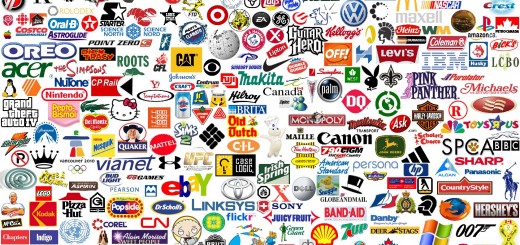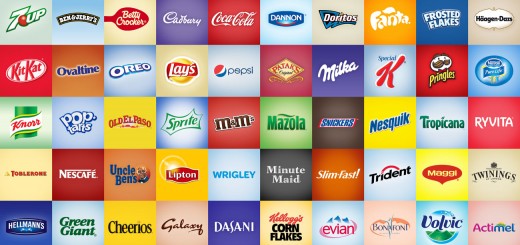The rise and fall of Mode Media
With its sudden shutdown Thursday, Mode Media provided another reminder that even for a onetime web stalwart, nothing is certain in the digital world.
Samir Arora co-founded Mode in 2004 as a network of women’s lifestyle content called Glam Media. Glam had big ambitions. It bragged it would compete with industry stalwart DoubleClick in ad serving technology. It changed its name to Mode in 2014 as it branched out to other topics with verticals including Tend (focused on home), Brash (for men) and Foodie. It was once valued at $1 billion.
While it’s easy to look at Mode today as an early web dinosaur, like so many other blog networks and portals, the company once stood for innovation. As Glam, the network handled ad sales for Vox Media’s SB Nation. It was ranked by comScore as the seventh biggest media property, with 250 million monthly unique visitors around the world. Glam was repeatedly reported to be eyeing an initial public offering.
“Glam was a competitor for any ad network that was trying to sell to a client that was interested in advertising to women,” said Matt Rosenberg, who worked at Glam competitor Say Media from 2010 to 2012. “They were strongly in the competitive set whenever anybody was going after fashion, beauty, cooking, health, parenting.”
But Glam started to fall off ad buyers’ radar a few years ago as programmatic advertising replaced blog networks as the preferred way to put ads in front of specific audience segments fast and cheaply.
“You would say, we need to reach the female target and they’d be on the RFP list,” recalled Ian Schafer, founder and CEO of the agency Deep Focus. “But then we learned, no one owns audiences anymore. We could reach them through Facebook or exchanges. There was no need to just call your Glam salesperson.”
The company, which along with Arora hasn’t replied to requests for comment, didn’t stand still. It branched out into programmatic, video and native advertising, which, added up, came to make up 75 percent of the business. The company was on track to do $100 million in revenue this year, a former executive said. But other, better known publishers were adapting just as fast, if not faster.
“They also were Glam in a world when Hearst wasn’t great at the web and Condé wasn’t great at the web,” Rosenberg said. “Glam tried to adopt a multichannel approach, and there’s no multichannel approach that’s better than Condé or Hearst.”
But there were execution issues, too. Mode also was known for its free-spending ways under Arora, who cut a flamboyant figure and was known for raising lots of money — and spending it, too. The company raised at least $230 million over the years, which helped fund lavish parties for bloggers and video creators.
“He used to believe it could be the Condé Nast of digital,” the former exec said. “But he spent like it was the Condé Nast of digital.” After news of the shutdown, Arora’s Wikipedia page was doctored to read that he “ran through the ground Mode Media” with his “self serving overly indulging ways.”
Signs of strain surfaced this year. The company let go some employees. Arora left in April under pressure from Hubert Burda Media, the German publishing giant that owned half the company. Other managers left in his wake, and Andreessen Horowitz co-founder Marc Andreessen resigned from the board. Mode was missing from the schedule of this year’s Digital Content NewFronts, the IAB’s video showcase where publishers can pay hundreds of thousands of dollars to host an event.
Apparently, one way the company shaved costs was by not paying bloggers. After news of the shutdown, angry bloggers have taken to Twitter to complain that the company’s stiffed them, using the hashtag #modeowesbloggers.
The post The rise and fall of Mode Media appeared first on Digiday.



